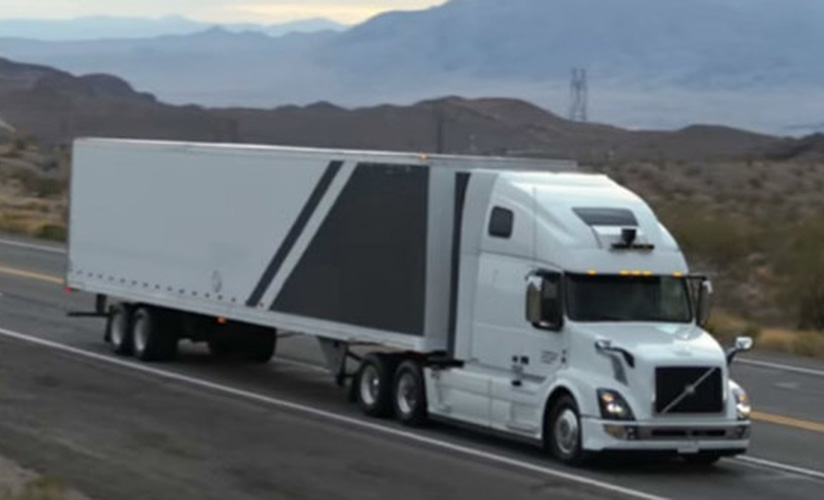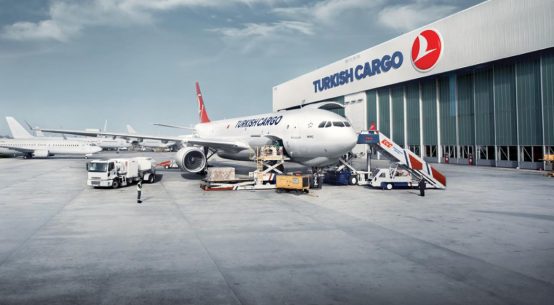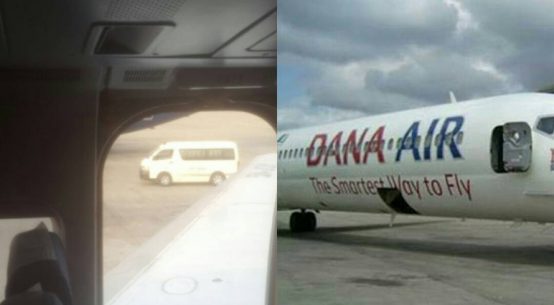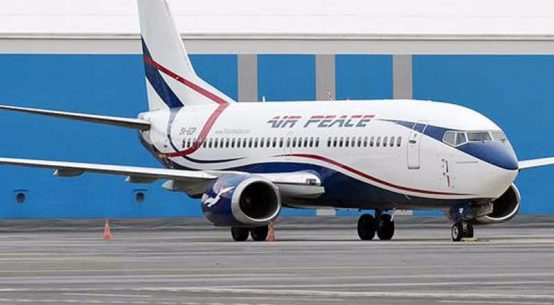
A spokesperson told American Shipper the move will not affect Uber Freight, the company’s on-demand trucking unit.
Uber Technologies Inc. will shut down its autonomous trucking research unit in an effort to focus on its separate self-driving car division, a company spokesperson has confirmed.
The spokesperson for the ride-sharing application provider told American Shipper the move will not affect Uber Freight, the company’s on-demand trucking unit, adding that Uber does not see the development of self-driving trucks as an immediate necessity in order to remain competitive in the freight logistics space.
Uber’s autonomous trucking division had been based in San Francisco, but its self-driving car division is located in Pittsburgh.
The move comes shortly after Uber resumed manual testing of its self-driving cars in Pittsburgh. Testing had been brought to a screeching halt after one of the company’s vehicles struck and killed a pedestrian in Tempe, Ariz., and has only resumed under new safety conditions, namely that self-driving cars will only be operated by human drivers for the time being.
Uber said it plans to continue to develop scalable light detection and ranging (LiDAR) technology as it relates to autonomous cars and will give employees currently focused on self-driving trucks the opportunity to work on other projects supporting the company’s ongoing development of autonomous vehicle technology. If no such comparable role exists, the company will offer relocation or separation packages to affected workers, according to the spokesperson.
Uber in February reached a settlement with Waymo, the autonomous vehicle development subsidiary of Google parent Alphabet Inc., in a trade secrets trial during which it was alleged that three ex-Google employees stole confidential data related to Waymo’s self-driving and LiDAR technology prior to joining Uber.
“We’ve decided to stop development on our self-driving truck program and move forward exclusively with cars,” Eric Meyhofer, head of Uber’s Advanced Technologies Group, said in an emailed statement. “We recently took the important step of returning to public roads in Pittsburgh, and as we look to continue that momentum, we believe having our entire team’s energy and expertise focused on this effort is the best path forward.”
Uber Freight, meanwhile, has been expanding both in terms of its geographic scope and the focus of its operations.
Launched in select areas of Texas in May 2017, Uber Freight quickly expanded, adding service in major metropolitan markets in California, Arizona, Illinois, Georgia and North and South Carolina three months later. As of last month, the cargo spinoff now has coverage across the entire continental United States.
After spending its first year focusing primarily on empowering individual, independent owner-operators, Uber Freight in June launched its new Fleet Mode functionality, a new tool aimed at multi-truck fleet carriers.
With offices in San Francisco and Chicago, Uber Freight has tripled the size of its team in the last 15 months and has seen load volumes double every quarter, according to the company.
.









